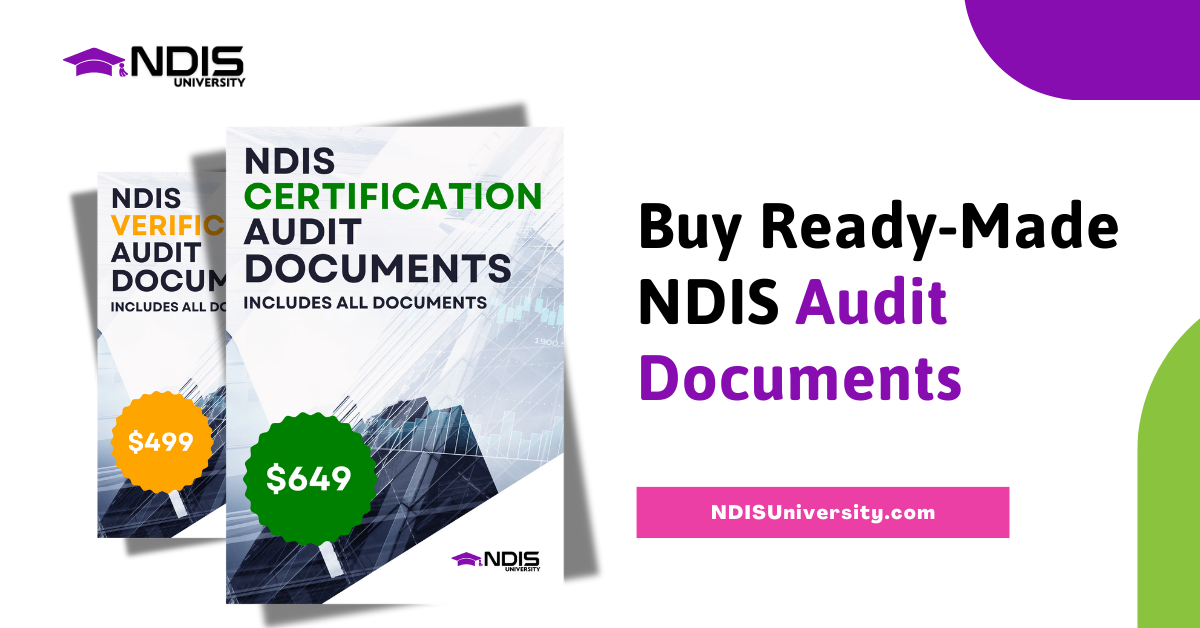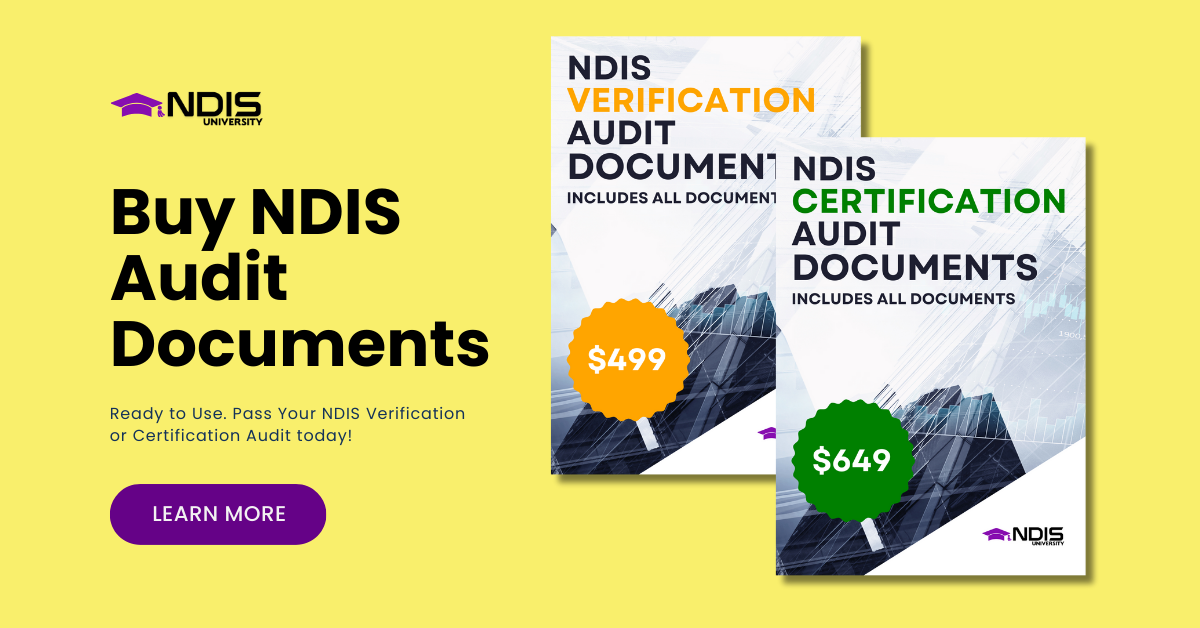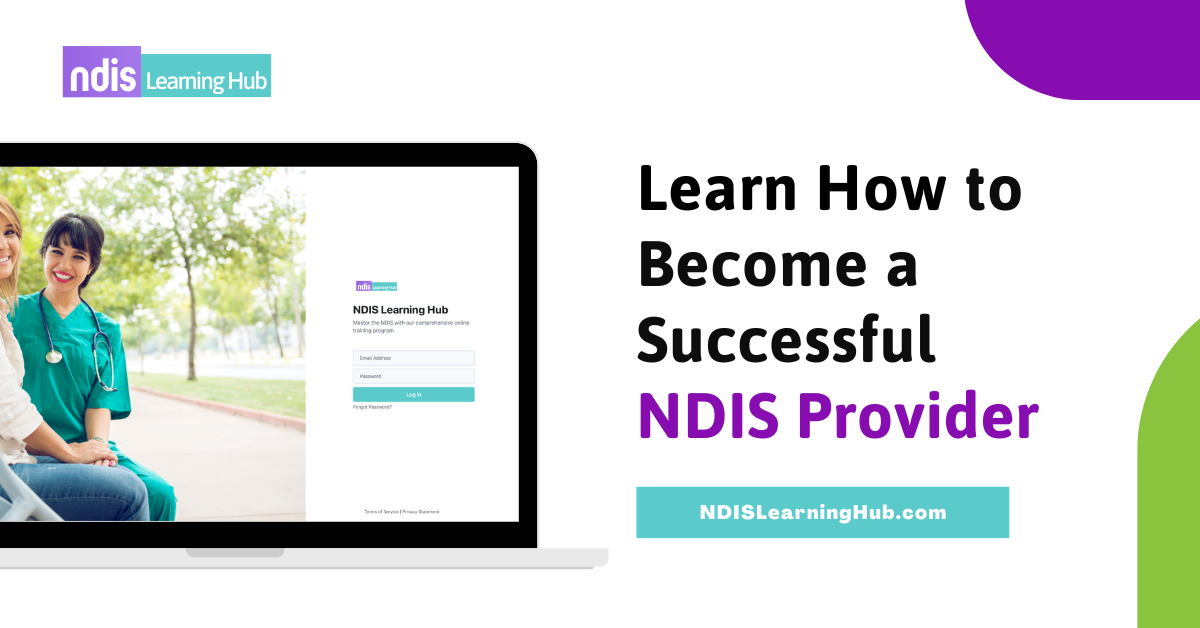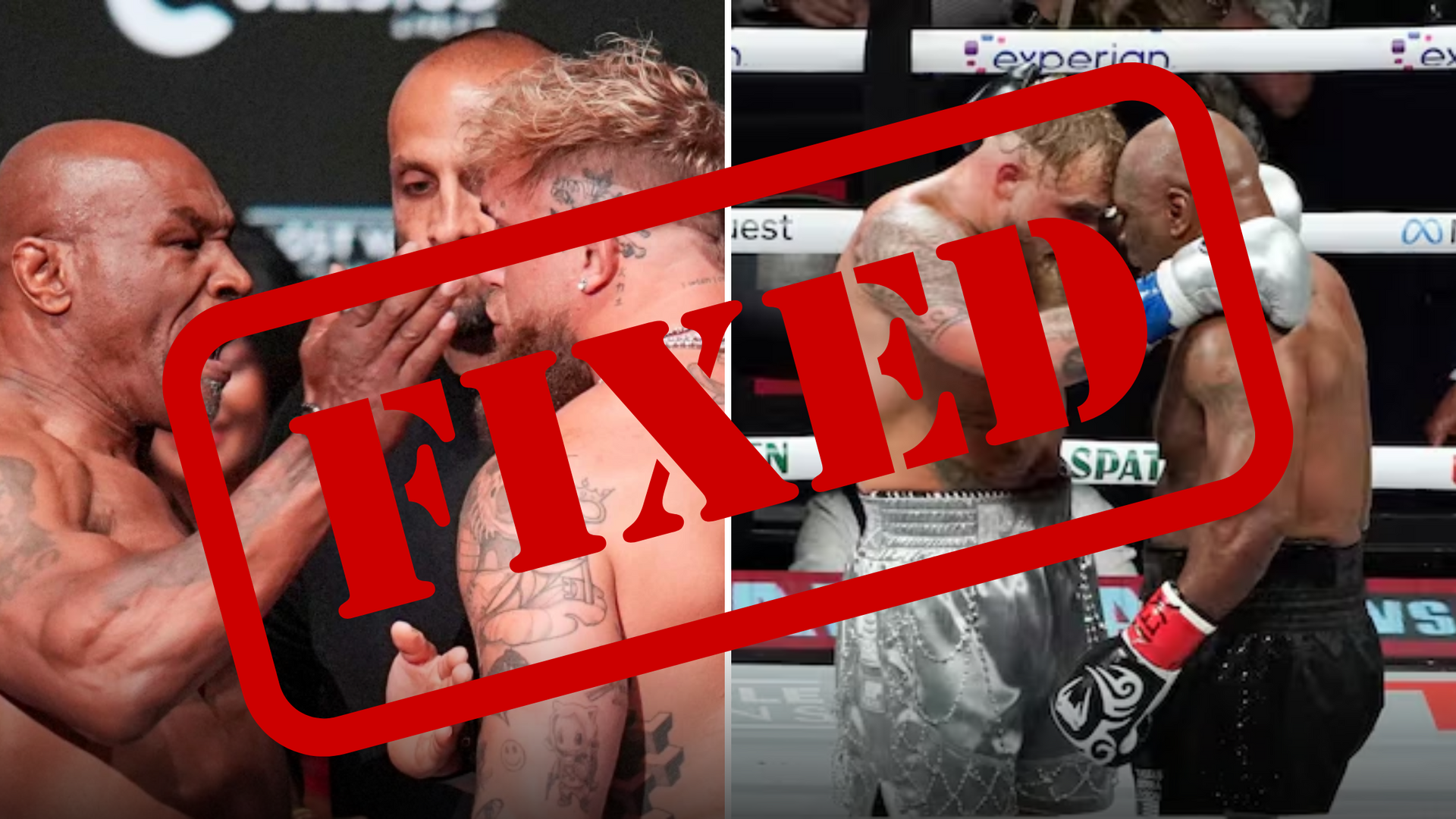Selling an NDIS Business - What You Need to Know

If you are thinking about selling your NDIS business, there are a few things you need to know. First, you need to have a clear understanding of the value of your business. This includes knowing your revenue, profit margins, and expenses. You also need to understand the NDIS market and be aware of any changes that may impact the value of your business. Finally, you need to find a buyer who is willing to pay fair market value for your business. With these things in mind, you can successfully sell your NDIS business.
Why You Might Sell an NDIS Business
When it comes to business, sometimes it’s necessary to make tough decisions. One such decision is whether or not to sell your NDIS business. Here are a few reasons why you might sell an
NDIS business:
- You’re no longer passionate about the business.
- The business is no longer profitable.
- You’re ready to retire and want to cash in on your investment.
- The business has grown too large, and you can’t handle the growth anymore.
- You’ve received an offer from another company that you can’t refuse.
- You want to relocate, and it’s easier to sell the business than try to move it.
- You have health issues and can no longer run the business effectively.
What You Need to Do Before Selling an NDIS Business
As the number of people with
disabilities continues to grow, so makes the demand for businesses that cater to their needs. If you’re thinking about
selling your disability business, there are a few things you need to do first.
Make sure your paperwork is in order.
This includes your business registration, licenses, and insurance. You’ll also need to have a detailed financial statement for potential buyers to look at.
Find a reputable broker.
Selling an NDIS business is not like selling a traditional business. You need to find a broker who specialises in selling NDIS businesses and has experience working with buyers and sellers in the industry.
Have realistic expectations.
It’s important to remember that buyers are looking for a good deal, so you shouldn’t expect to sell your business for top dollar.
Finding a Buyer for Your NDIS Business
If you’re looking to sell your NDIS business, there are a few things you need to know. First, you’ll need to find a buyer who is willing and able to pay what your business is worth. This can be difficult as a few buyers are in the market for NDIS businesses. However, you can do a few things to increase your chances of finding a buyer.
First, make sure you have a well-documented and up-to-date
business plan. This will give potential buyers confidence that your business is viable and worth their investment. Secondly, be prepared to negotiate on price. It’s unlikely that you’ll find a buyer who’s willing to pay your asking price, so be ready to compromise. Finally, don’t be afraid to reach out to potential buyers yourself.
Negotiating the Sale of Your NDIS Business
When it comes time to sell your NDIS business, there are a few key things to keep in mind to get the best possible price for your business.
First and foremost, it is essential to understand what your business is worth clearly. You can thoroughly evaluate your business assets, including any real estate, equipment, and intellectual property. Once you have a good idea of the value of your business, you can begin negotiating with potential buyers.
It is also important to remember that the NDIS market is still relatively new, so few buyers are familiar with the ins and outs of the NDIS. This means that you may need to provide potential buyers with more information about your business than you would if selling in a more established market.
The Legal Process of Selling an NDIS Business
The
legal process of selling an NDIS business can be complex and time-consuming. Here are some things you need to know before starting the process:
Get professional advice:
Getting advice from a solicitor or accountant who is experienced in selling businesses is essential. They can help you understand the legal process and ensure that all the necessary paperwork is in order.
Understand your obligations:
As the owner of an NDIS business, you have certain obligations to your employees, clients and the government. Make sure you understand these obligations before beginning the sale process.
Know your buyers:
A few different types of buyers might be interested in your NDIS business. It’s essential to research and know who you are selling to get the best possible price for your business.
Value-adds include:
Adding new services, introducing new technology and improving processes.
What Happens After the Sale of an NDIS Business
After the sale of an NDIS business, a few key things need to happen to ensure a smooth transition. First, all staff need to be made aware of the change in ownership and given a chance to voice any concerns. It is also essential to update relevant contact information, such as phone numbers and email addresses.
Lastly, it is necessary to have a meeting with all employees to go over the new company policies and procedures. Taking these steps can help ensure a successful transition for both the buyer and seller.
The Pros and Cons of Selling an NDIS Business
As the
National Disability Insurance Scheme (NDIS) continues to roll out across Australia, many business owners who provide support services to NDIS participants are considering their options. For some, this means selling their business.
There are several things to consider before deciding to sell an NDIS business. Here are some of the pros and cons:
PROS
You may be able to get a reasonable price for your business. The NDIS is still a relatively new scheme, and there is high demand for businesses that provide support services to NDIS participants. This could mean you can sell your business for a higher price than if you were selling it in other industries.
You can exit the industry at a time that suits you. This means you can decide when you want to sell your business and take the time to make the right decision. The market is still relatively new, so there may be less competition than in other industries.
You will sell the business with the support of a specialist broker. Your broker will work with you to develop a marketing plan to maximise your business’s value. You may also receive training on improving your business to be more attractive to potential buyers.
CONS
The market for businesses not based on a brand is still relatively new. This means that you may be less likely to find a buyer for your business, and if you do, the price may be lower than you expected.
To sell your business, you must agree on a price for the business with your buyer. You will not receive your money straight away; instead, the buyer will pay a deposit and then pay the rest of the money on completion.
You will also have to decide whether to remain with the business after the sale or hand it over to your buyer. This may be difficult if you are unhappy with someone else running your business.
What happens if I can’t sell my business?
If you’re thinking about selling your NDIS business, there are a few things you need to know. First and foremost, you need to have a solid plan for how you will sell the business. This means having a realistic asking price, finding the right buyer, and understanding the tax implications of selling your business.
Suppose you can’t find a buyer willing to pay your asking price. In that case, you may have to lower your price or consider other options, such as leasing your business or selling it to employees through an
Employee Stock Ownership Plan (ESOP). You should also be prepared for the possibility that you may not be able to sell your business at all. In this case, you’ll need to make arrangements for how the business will continue operating after you’re gone.
Tips for Selling an NDIS Business
When it comes to selling an NDIS business, there are a few things you need to keep in mind. First and foremost, you need to have a solid understanding of the NDIS market. This means knowing who your target audience is and what their needs are. Having a clear idea of what your business is worth is also essential. This will help you set a fair price when it comes to selling.
Once you’ve considered these things, you’ll need to start marketing your business for sale. This can be done through online listings, classified ads, or by working with a broker. No matter how you market your business, make sure you’re clear about the price and terms of the sale. You don’t want to waste time negotiating with buyers who aren’t serious about purchasing your business.
FAQs About Selling an NDIS Business
One of the most common questions we get asked is, “what do I need to know about selling an NDIS business?”. Here are some frequently asked questions that will help you understand the process.
How to Start an NDIS Business?
Starting an NDIS business requires careful planning and an in-depth understanding of the National Disability Insurance Scheme's regulatory environment and market demands. Initially, potential providers should focus on comprehending the NDIS framework, identifying a niche based on participant needs, and developing a robust business plan that outlines the services offered, target market, and financial projections. Registration as an NDIS provider is a crucial step, involving compliance with quality and safeguarding requirements to ensure the delivery of high-standard services to participants.
For aspiring NDIS entrepreneurs, the NDIS Learning Hub serves as an essential resource in this journey. It offers comprehensive learning materials and tools tailored to guide new providers through the intricacies of starting and managing an NDIS business.
From foundational knowledge on the scheme to detailed insights into compliance, service quality, and business management, the Learning Hub equips potential providers with the necessary skills and understanding to establish a successful business in the disability sector.
By leveraging the NDIS Learning Hub, you can ensure that your business is well-prepared to meet the needs of NDIS participants while adhering to the highest standards of service and care.
How to Get New Clients for NDIS Business?
To attract new clients to your NDIS business, establishing a strong online presence is crucial. Develop a professional website that highlights your services, team expertise, and success stories. Utilize social media platforms to engage with the community, share valuable content, and showcase your commitment to enhancing the lives of people with disabilities. These online channels can serve as powerful tools for reaching potential clients and building trust with your audience.
Additionally, networking and partnerships play a significant role in expanding your client base. Connect with local healthcare providers, community centers, and other NDIS providers to create referral opportunities. Participating in community events and workshops related to disability services can also increase your visibility and attract clients seeking quality NDIS services. By combining a strong online presence with active community engagement and networking, your NDIS business can effectively reach and serve more participants. If you're looking for a guide on how to get new participants or clients for your NDIS business, the NDIS Learning Hub has a module on NDIS Provider Sustainability And Growth (Module 25) which is an excelling resource and guide.
What is the difference between an NDIS business and a traditional business?
An NDIS business is a business that provides services to people with disabilities who are eligible for the National Disability Insurance Scheme (NDIS). A traditional business does not have this focus.
What key things need to consider when selling an NDIS business?
The NDIS is a government program, so you must be aware of any restrictions. You must consider the impact on your staff and client base if the business sells. You need to understand the implications of selling the business on your cash flow. It would help to consider the sale price and how it will be funded.
What should I do if I have any concerns about whether my NDIS business is eligible for sale?
Contact the NDIA by calling 1800 800 110. Discuss your concerns with an experienced business broker or accountant.
What do I need to do to prepare for a sale?
Understand how the NDIS can impact a sale. Consider how you will manage the sale process. Determine your business’s value, and consider its appeal to potential buyers.
Should I use an agent to sell my business?
Yes, a good agent can help you to achieve a better sale price.
How do I find a business broker to assist with the sale?
Many business brokers specialise in helping people sell or buy NDIS businesses.
Get in Touch With an NDIS Business Sales Specialist
NDIS business specialists are available to help you through the process of selling your NDIS business. They can provide you with information and resources to help you make the best decision for your business.
NDIS business specialists can help you understand the market for NDIS businesses and how to value your business. They can also provide guidance on the legal and regulatory requirements for selling an NDIS business.
If you are considering selling your NDIS business, contact an NDIS business specialist today. They can help you navigate the process and ensure you get the best possible outcome for your business.
Limited Time Offer
Become a Successful NDIS Provider
$689 $349
Use code EARLY349 at checkout
News Feed









